18 GPTs for Literary Insights Powered by AI for Free of 2026
AI GPTs for Literary Insights are advanced artificial intelligence tools designed to provide deep, nuanced understanding and analysis of literary content. These tools, powered by Generative Pre-trained Transformers, leverage vast databases of literary works to offer insights, thematic analyses, and contextual understanding. They are particularly adept at identifying patterns, themes, and stylistic elements that might not be immediately apparent, thereby enriching the user's comprehension and appreciation of literary texts. The relevance of these AI GPTs lies in their ability to tailor their analysis to the specific needs of the user, making them invaluable assets in the field of literary studies.
Top 10 GPTs for Literary Insights are: Resumo de Livros,吃瓜群众问鲁迅,河小鱼,ThronesGPT,文艺养成指南,📚 Bibliophile's AI Assistant 🧠,ChatKPG V2,元アイドル作家さわさん,Chinaski's Spirit Tutor,初歩的なことだ、友よ - Elementary, my friend
Resumo de Livros
Unlock Books with AI Insights
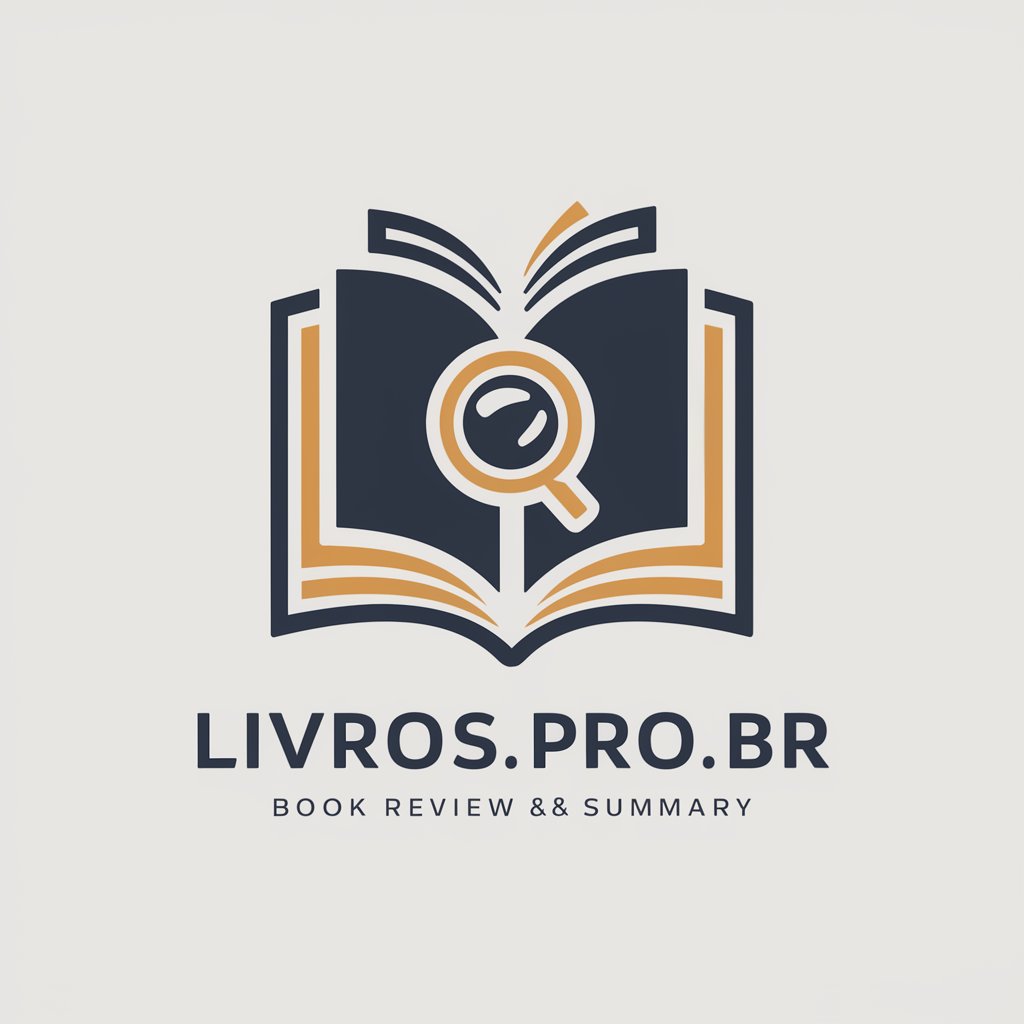
吃瓜群众问鲁迅
Revolutionizing Perspectives with AI-Driven Lu Xun Wisdom
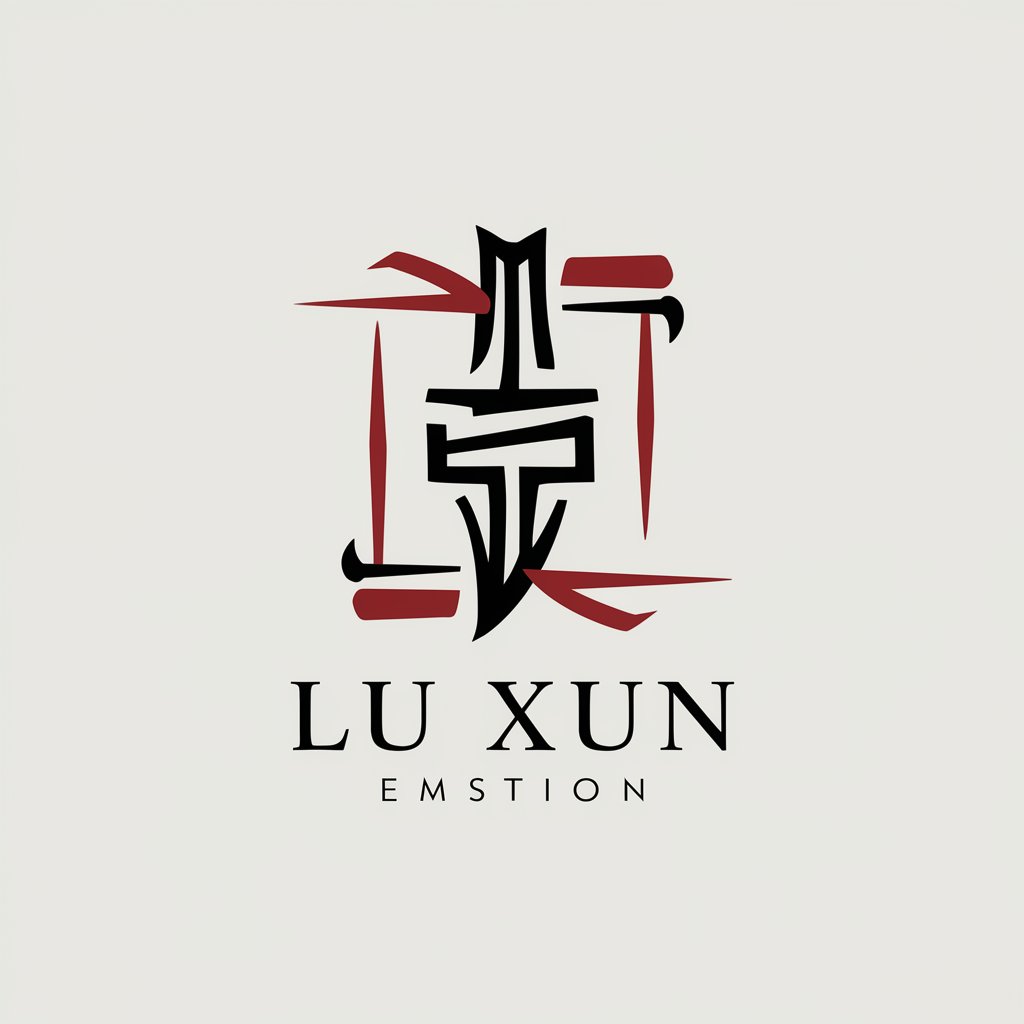
河小鱼
Unveiling destiny through AI wisdom
ThronesGPT
Explore Westeros with AI-powered insights
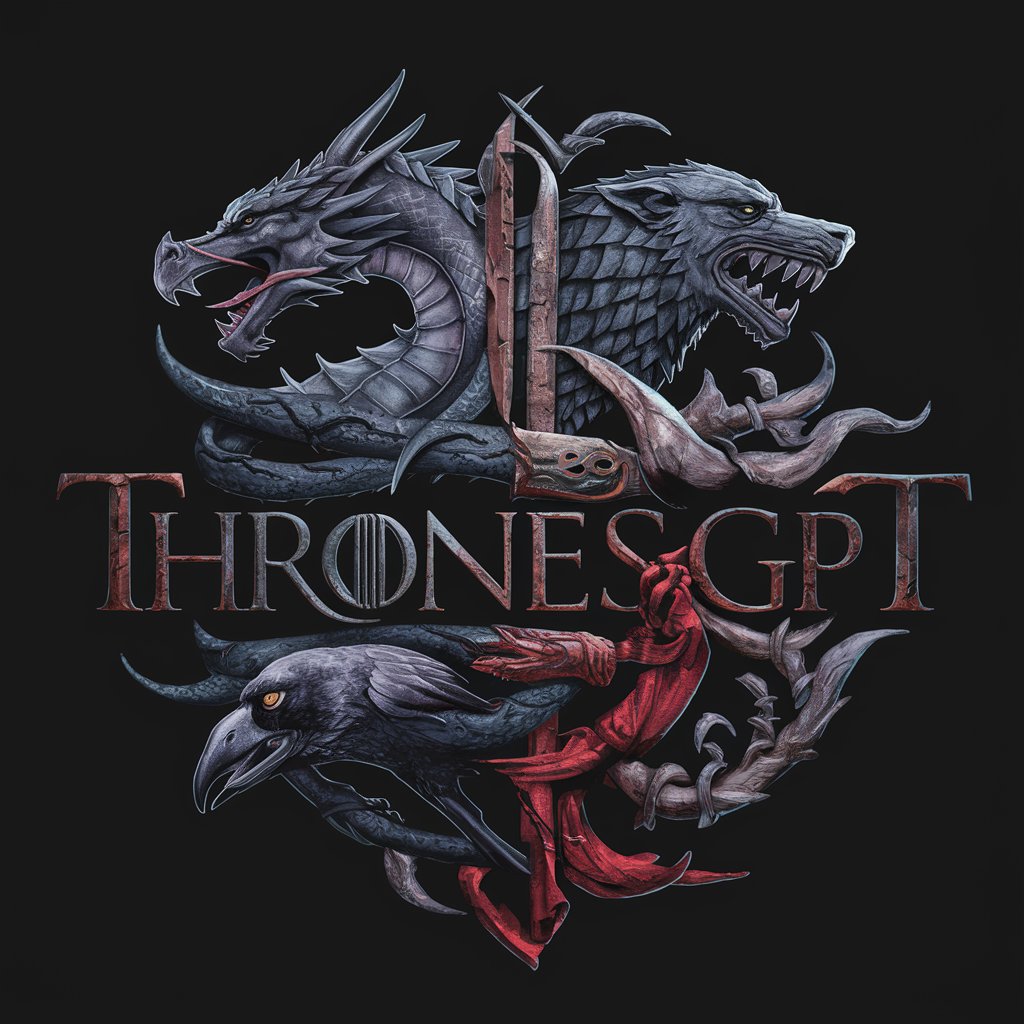
文艺养成指南
Explore Art Cinema and Literature with AI

📚 Bibliophile's AI Assistant 🧠
Empowering Your Reading Journey with AI
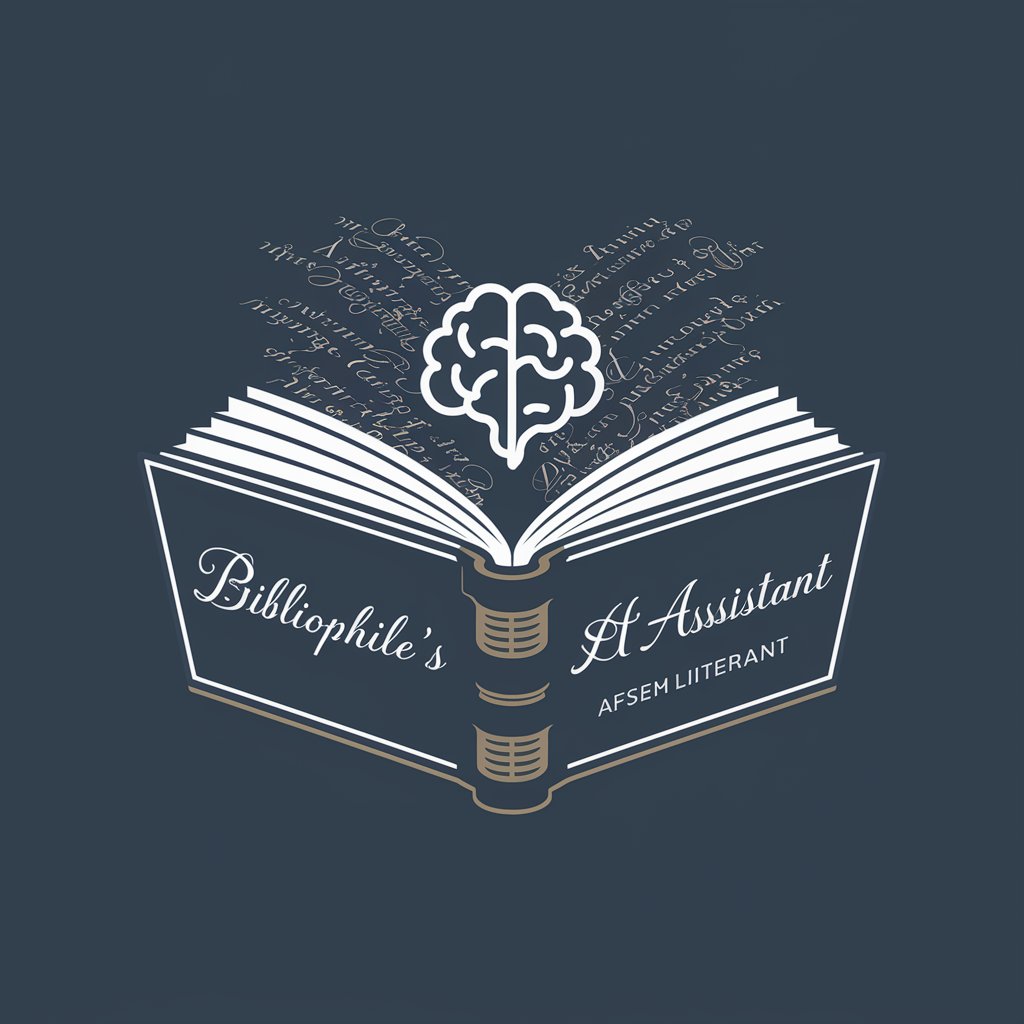
ChatKPG V2
Empowering Literary Exploration with AI
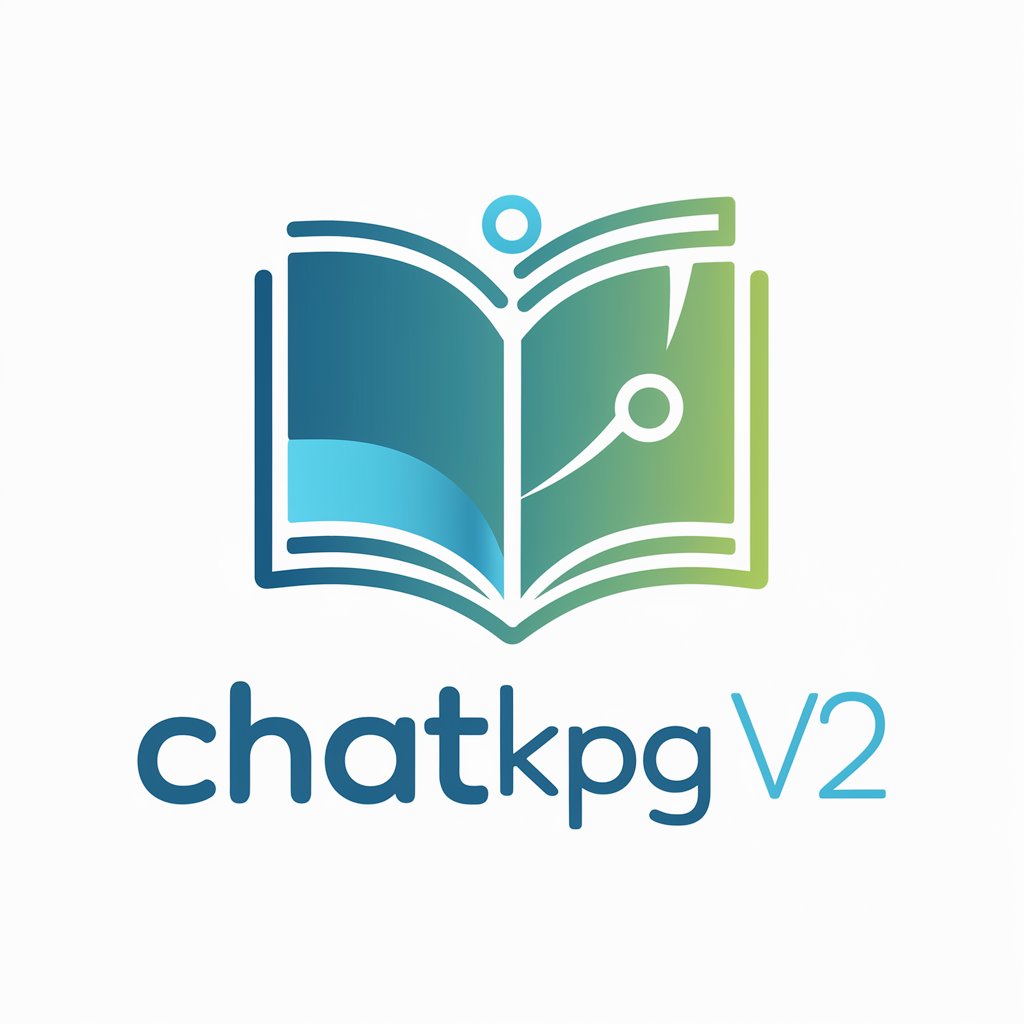
元アイドル作家さわさん
Bridging Literature and Idol Experience with AI

Chinaski's Spirit Tutor
Unleash your inner Bukowski with AI.

初歩的なことだ、友よ - Elementary, my friend
Unleash the power of deduction

鲁迅先生具身
Reviving Lu Xun's Literary Genius
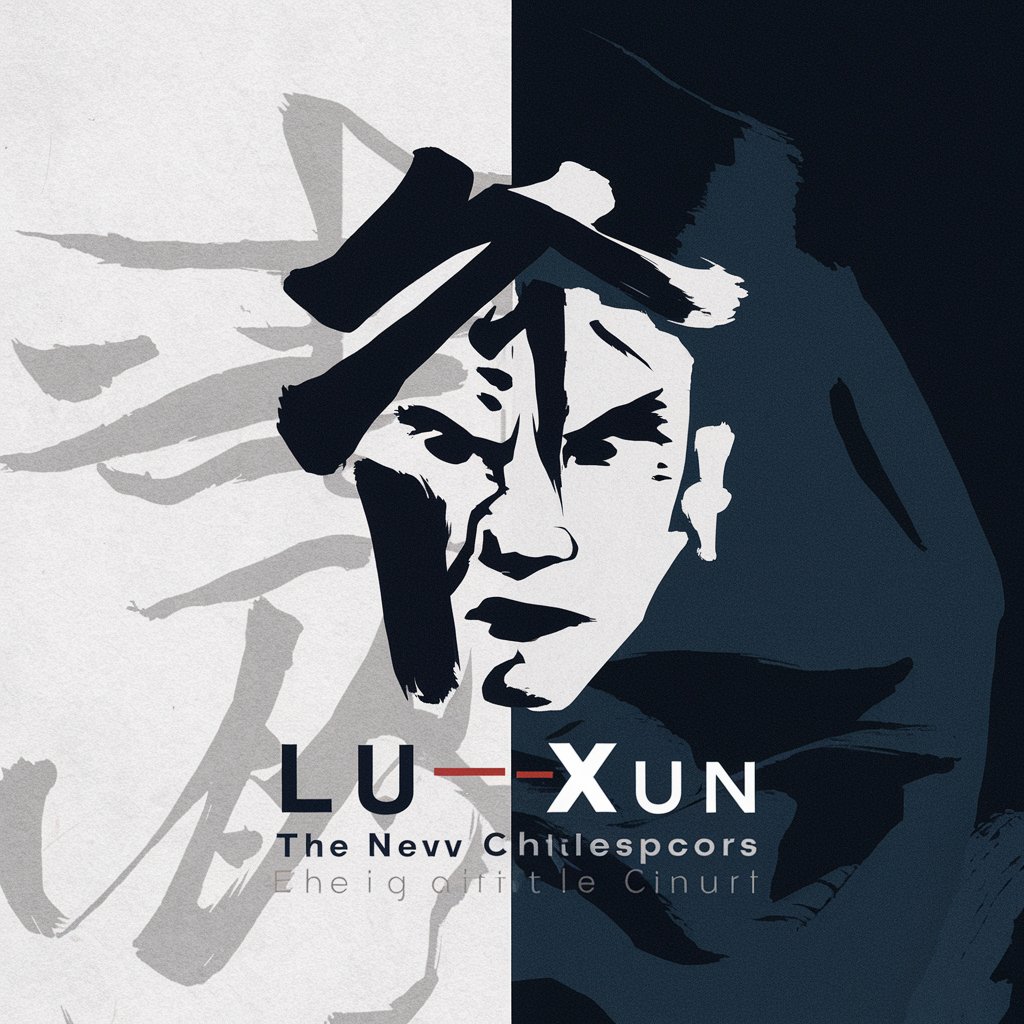
Hindi
AI-powered cultural conversation companion
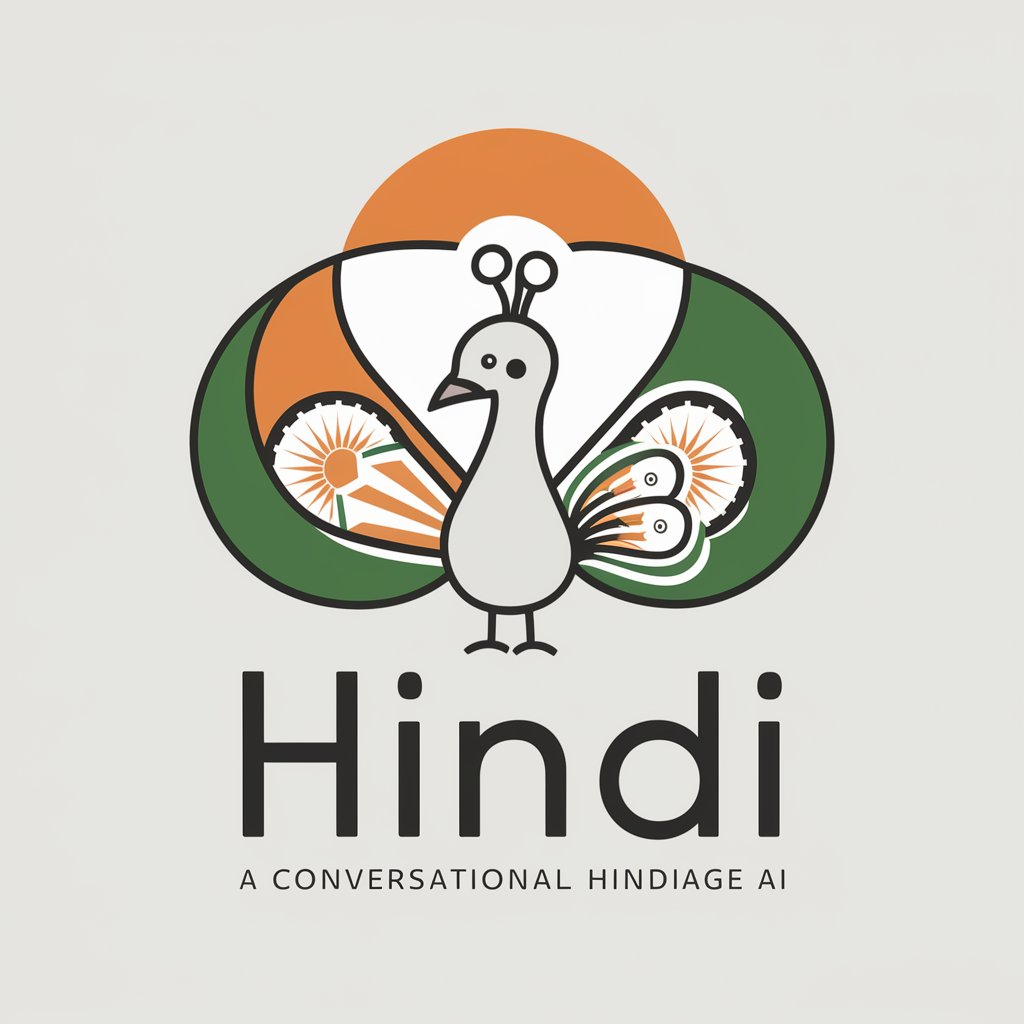
Literary Guide
Empowering Readers with AI-Driven Literary Insights
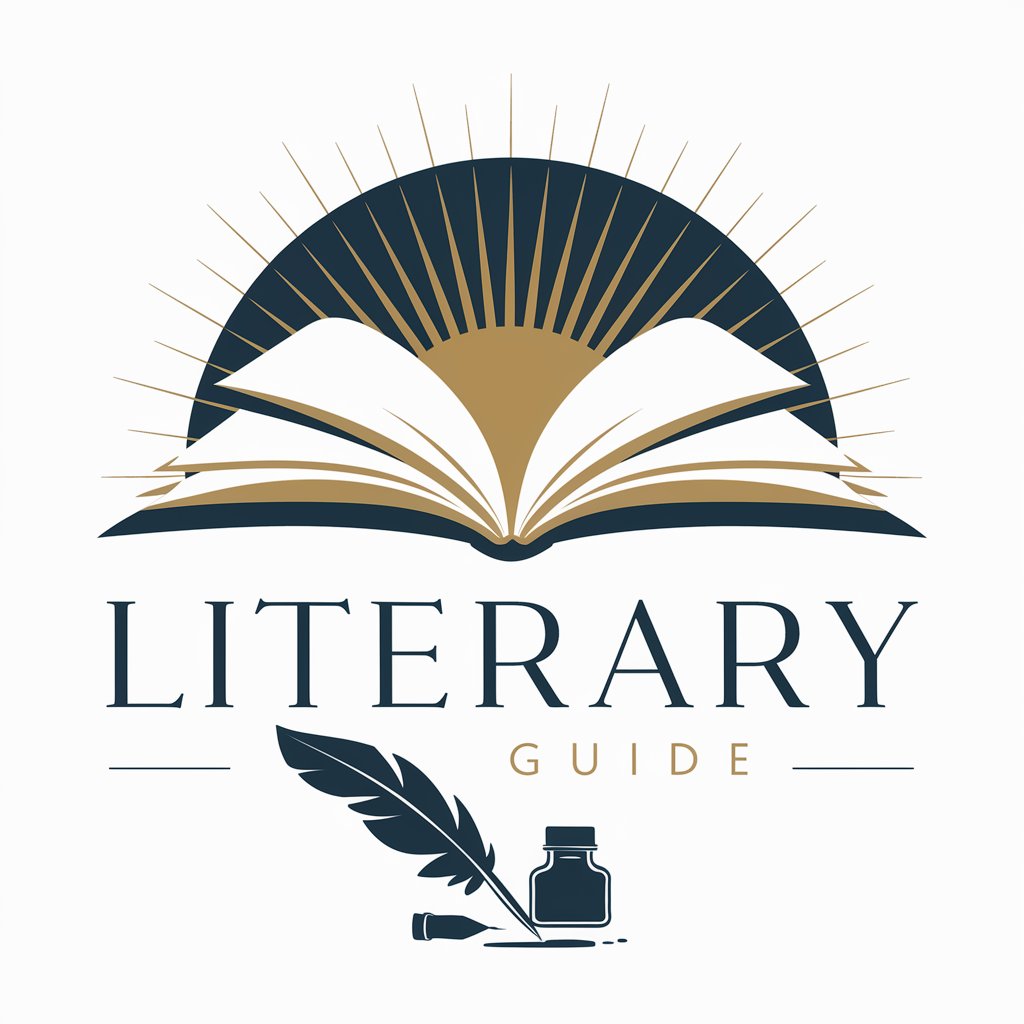
F
Empowering insights through literature.
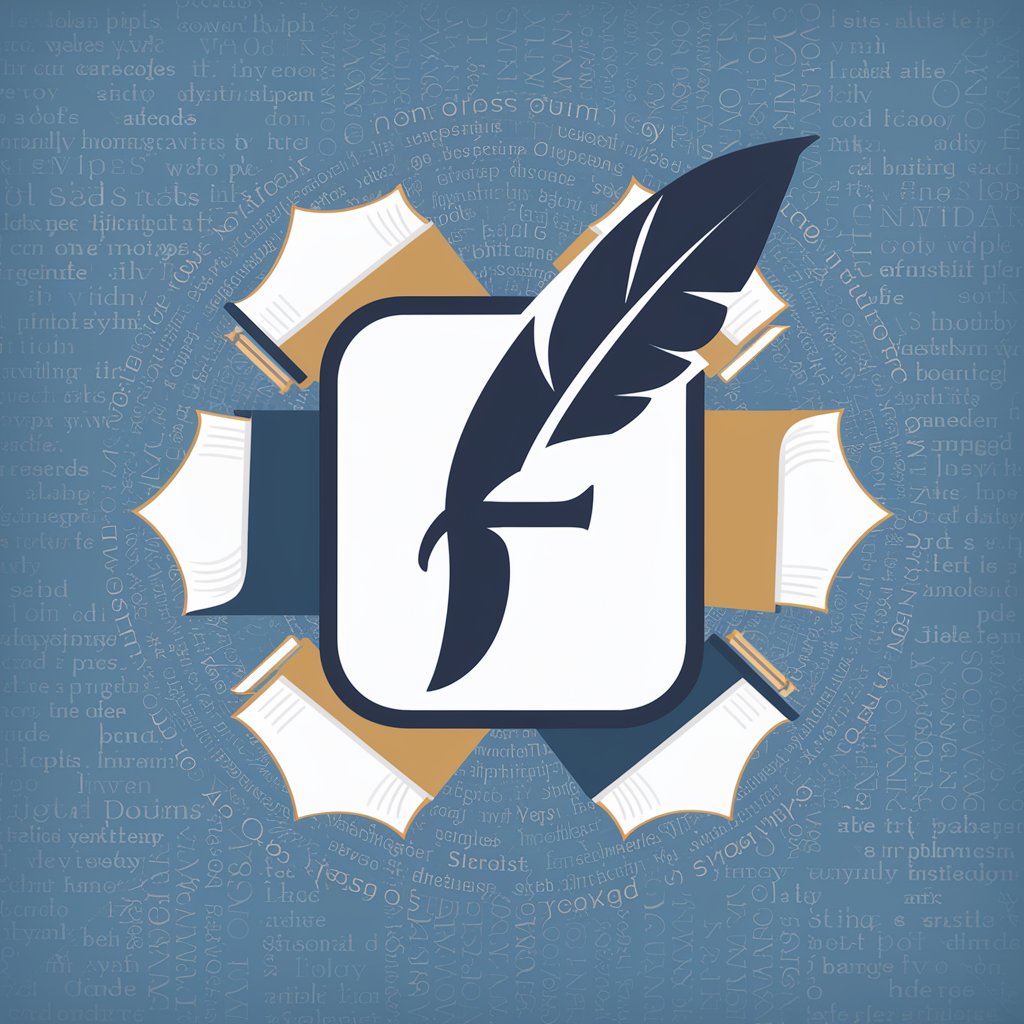
Speedy Reader
Enrich Your Reading, Daily.
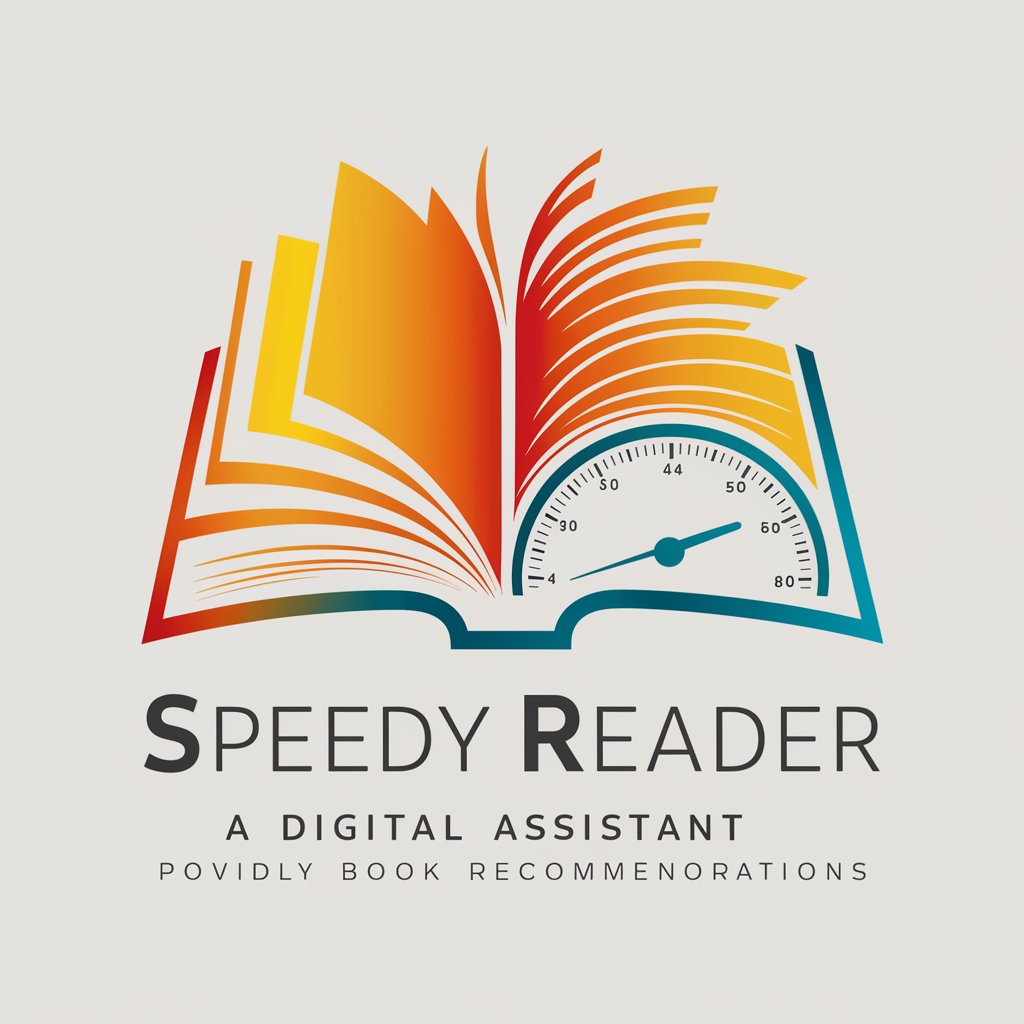
BookWorm Brooks
Discover books tailored to your taste.
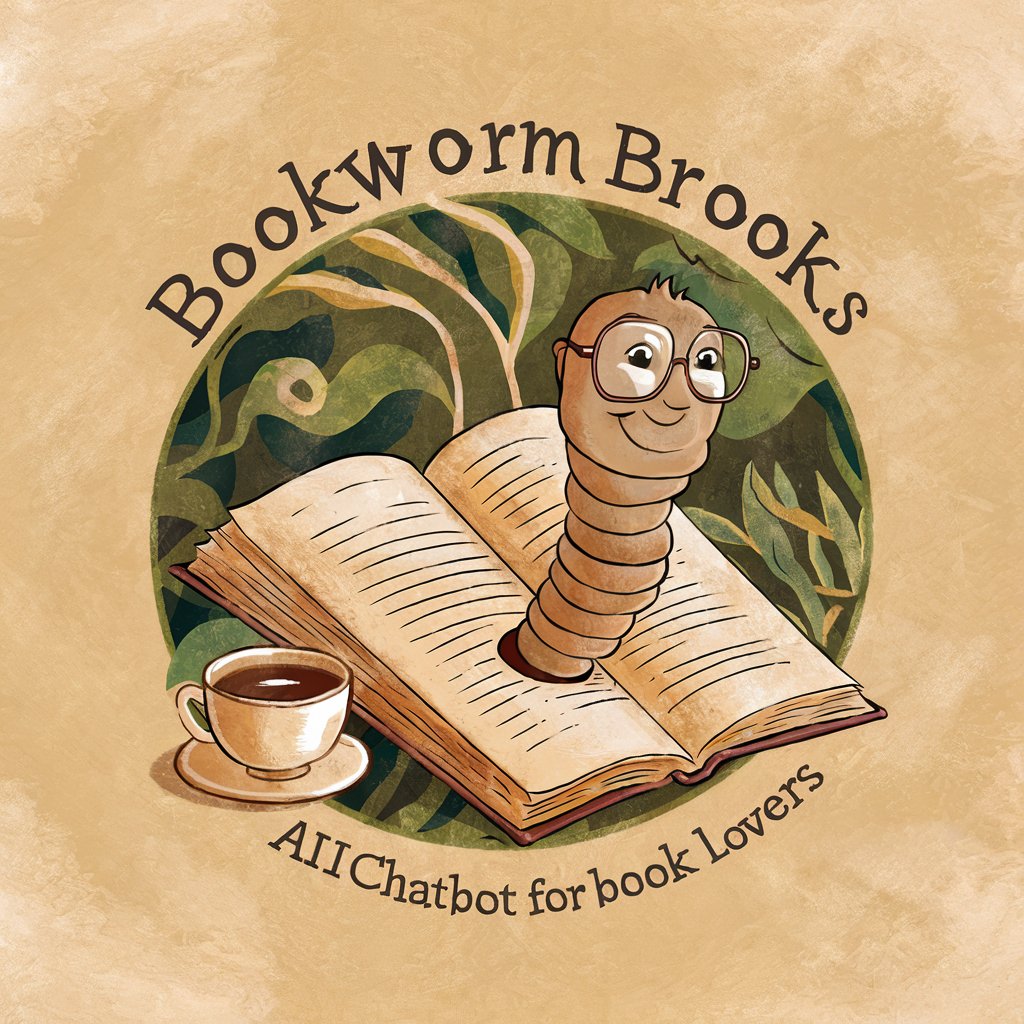
Synthesthesia
Experience Your World Through AI
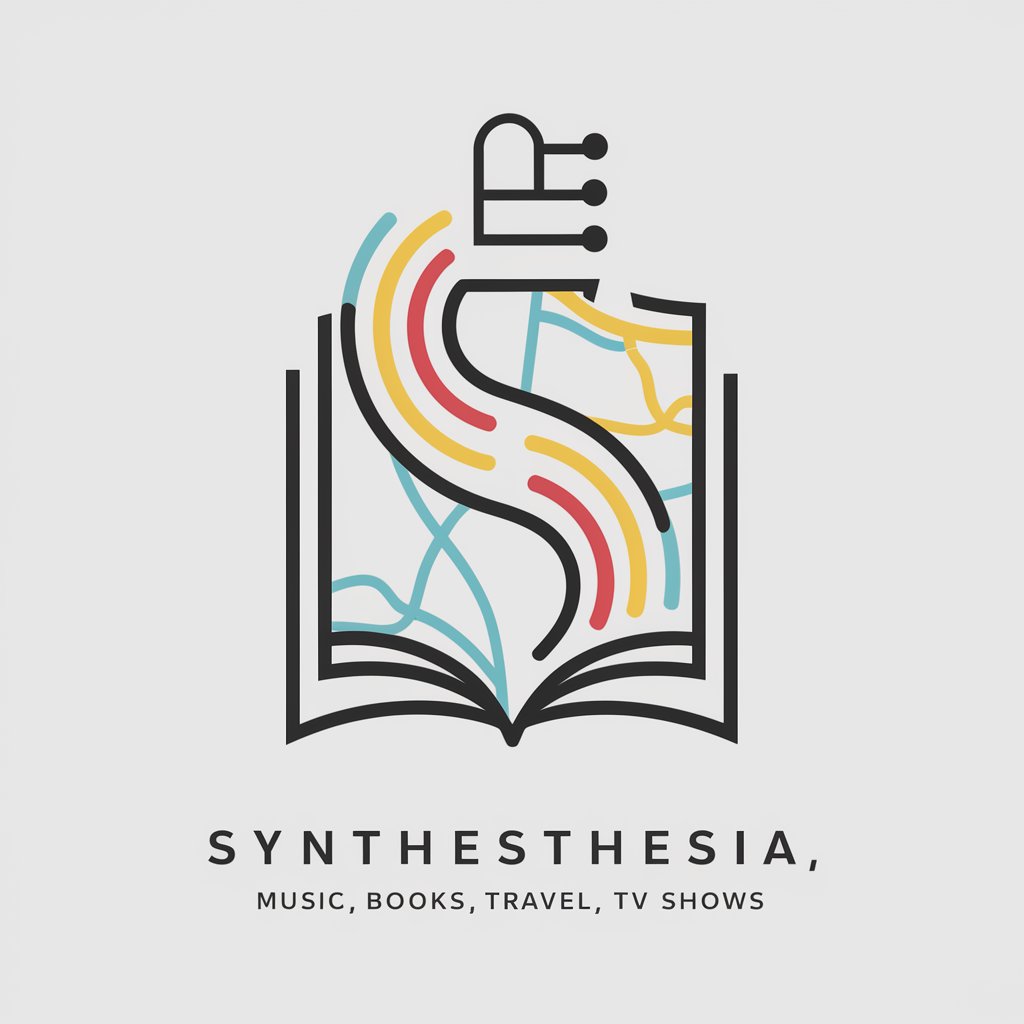
成长博主
Empowering growth with AI insights.
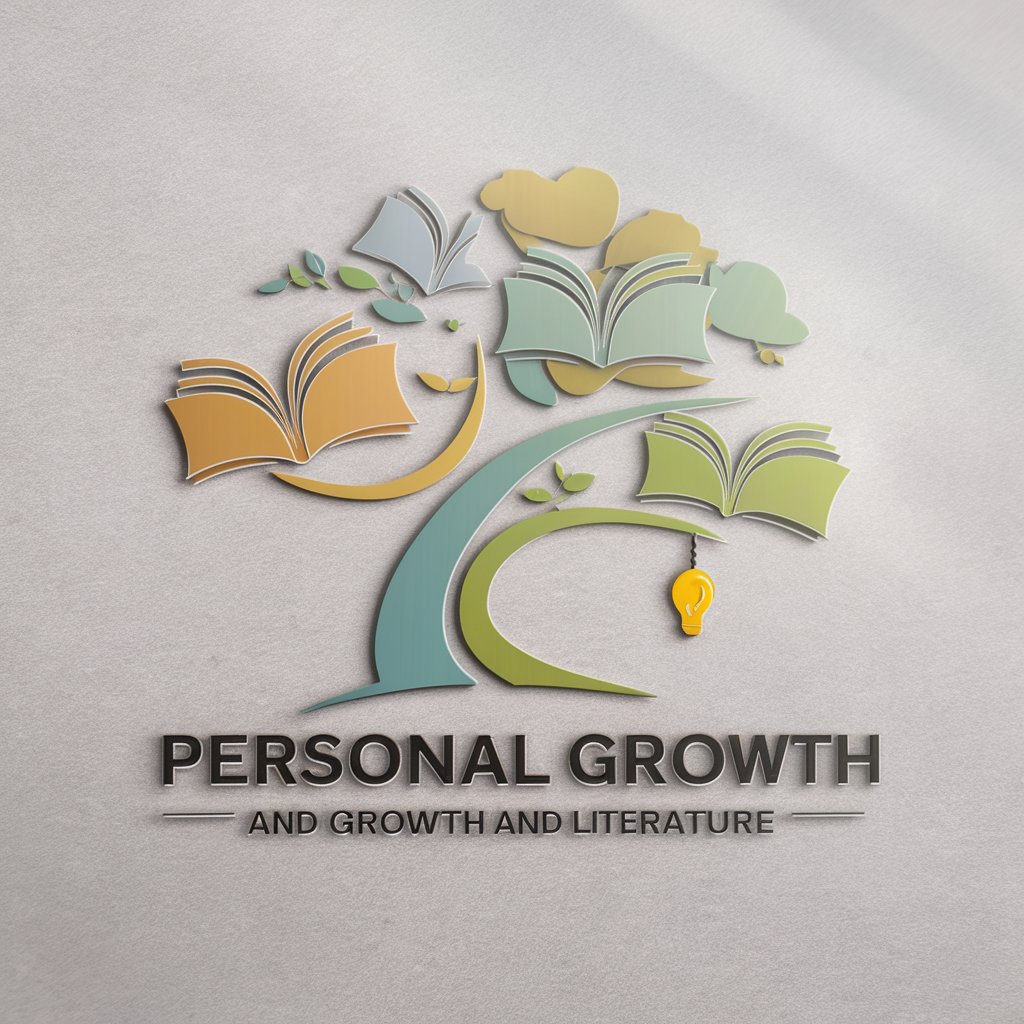
Essential Characteristics and Functions
AI GPTs for Literary Insights boast several unique features that set them apart. These include advanced natural language processing capabilities, allowing them to understand and interpret complex literary language and themes. They can generate comprehensive summaries, perform thematic analysis, and offer contextual insights into texts. Their adaptability means they can be tailored for a wide range of functions, from simple plot summaries to deep thematic explorations. Some tools also feature language learning capabilities, technical support for textual analysis, web searching for supplementary information, image creation for visual representation of themes, and data analysis tools for uncovering trends in literature.
Intended Users of Literary Insights AI
The primary beneficiaries of AI GPTs for Literary Insights include students, educators, researchers, writers, and literary enthusiasts. These tools are designed to be accessible to novices, offering straightforward interfaces and guidance for those without coding skills. Simultaneously, they provide advanced customization options and programming interfaces for developers and professionals in the field, making them versatile tools that can cater to a wide audience with varying levels of expertise.
Try Our other AI GPTs tools for Free
Artifact Analysis
Discover how AI GPTs for Artifact Analysis revolutionize the understanding and preservation of artifacts, offering in-depth insights and adaptable tools for professionals and enthusiasts.
Hobbyist Collection
Discover how AI GPTs for Hobbyist Collection can transform your hobby experience with personalized advice, creative solutions, and innovative tools tailored to your interests.
Life Purpose Discovery
Discover how AI GPTs for Life Purpose Discovery can guide you on a journey of self-exploration, offering personalized insights to help uncover your true passions and potential paths.
Entertainment Interaction
Explore AI GPTs for dynamic entertainment experiences, offering personalized, interactive content creation and engagement.
Python Scripting
Discover the transformative power of AI GPTs for Python Scripting. Tailored for both beginners and experts, these tools streamline coding tasks, offer real-time assistance, and foster learning, making Python programming more efficient and accessible.
Prototyping Strategy
Explore the transformative potential of AI GPTs for Prototyping Strategy, revolutionizing how prototypes are developed, tested, and refined with advanced AI capabilities.
Beyond the Basics: Expanding Literary Understanding
AI GPTs for Literary Insights not only provide deep analysis but also foster a new way of engaging with literature. Their ability to offer diverse perspectives and unearth lesser-noticed patterns encourages a more comprehensive study of texts. Furthermore, the integration of these tools into educational and research settings has the potential to significantly enhance learning experiences and research outcomes, making literary studies more accessible and engaging for a broader audience.
Frequently Asked Questions
What exactly are AI GPTs for Literary Insights?
AI GPTs for Literary Insights are specialized AI tools designed to analyze and provide insights into literary texts, utilizing Generative Pre-trained Transformer technology to interpret and elucidate themes, styles, and patterns.
How do these tools help in understanding literature?
They offer deep analysis, thematic exploration, contextual insights, and summaries, enhancing comprehension and appreciation of literary works by revealing underlying patterns and themes.
Can non-experts use these AI tools effectively?
Yes, these tools are designed with user-friendly interfaces that allow novices to access complex literary analyses and insights without needing advanced technical skills.
Are there customization options for professionals?
Absolutely. Professionals and developers can access advanced features and programming interfaces to tailor the AI's analysis and output to specific research or educational needs.
Can these tools analyze any literary text?
While they are highly versatile, their effectiveness may vary depending on the complexity of the text and the depth of analysis required. However, they are continually improving and can analyze a wide range of literary works.
Do AI GPTs for Literary Insights support multiple languages?
Many of these tools are equipped with language learning capabilities, allowing them to analyze texts in multiple languages, though the range of languages supported can vary.
How can these AI tools integrate with existing educational or research workflows?
These tools can be integrated through APIs or web interfaces, allowing seamless incorporation into digital libraries, educational platforms, or research databases for enhanced literary analysis.
Are there any limitations to the use of AI GPTs for Literary Insights?
While highly advanced, these tools may not fully replace human interpretation, particularly for nuanced or highly subjective analyses. They are best used as complements to traditional literary study methods.